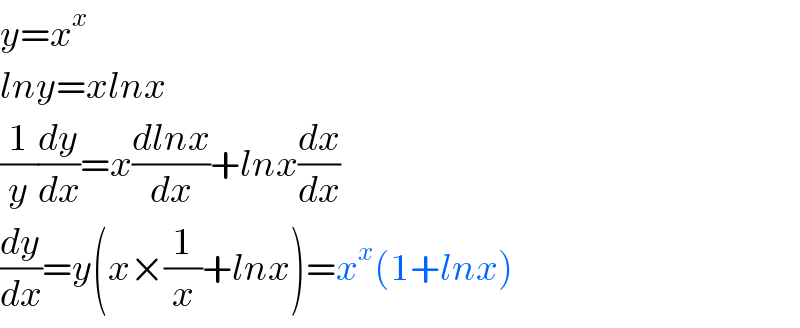
Question and Answers Forum
Question Number 53805 by hassentimol last updated on 26/Jan/19

Commented by tanmay.chaudhury50@gmail.com last updated on 26/Jan/19

Commented by tanmay.chaudhury50@gmail.com last updated on 26/Jan/19

Commented by maxmathsup by imad last updated on 26/Jan/19

Commented by hassentimol last updated on 29/Jan/19

Answered by tanmay.chaudhury50@gmail.com last updated on 26/Jan/19

